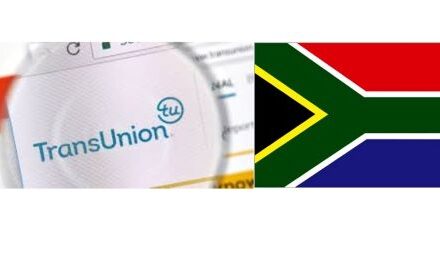A sharp increase in the number and cost of cyber-attacks is the key finding in a study of more than 5,400 organizations across seven countries, commissioned by insurer Hiscox.
More than three out of five firms (61%) report one or more attacks in the past year, yet the proportion achieving top scores for their cyber security readiness is marginally down year-on-year.
Belgium reported the most attacks with 71% of commerce reporting an attack, with more than 30% of business being attacked four or more times. However, 16% of Belgium’s larger businesses have very high level cyber security experts and this puts them in the best position for attaining cyber-security.
 The Hiscox Cyber Readiness Report 2019 surveyed a representative sample of private and public sector organisations in the US, UK, Belgium, France, Germany, Spain and the Netherlands.
The Hiscox Cyber Readiness Report 2019 surveyed a representative sample of private and public sector organisations in the US, UK, Belgium, France, Germany, Spain and the Netherlands.
Each firm was assessed on its cyber security strategy and execution, and ranked accordingly. Only 10% achieved high enough marks in both areas to qualify as cyber security ‘experts’.
Among the key findings:
- Cyber-attacks reach a new intensity: More than three in every five firms (61%) experienced a cyber incident in the past year, up from 45% in the 2018 report. The frequency of attacks also increased. Belgian firms were the most heavily targeted.
- More small and medium-sized firms attacked this year: While larger firms are still the most likely to suffer a cyber-attack, the proportion of small firms (defined as those with less than 50 employees) reporting an incident is up from 33% to 47%. Among medium-sized firms (50 to 249 employees) the proportion has leapt from 36% to 63%.
- Cyber losses soar: Among firms reporting attacks, average losses associated with all cyber incidents have risen from $229,000 last year to $369,000 – an increase of 61%. For large firms with between 250 and 999 employees cyber-related losses now top $700,000 on average compared with $162,000 a year ago. German firms suffered the most, with one reporting a cost for all incidents of $48 million.
- More firms fail cyber readiness test: Using a quantitative model to assess firms for their cyber readiness, only one in ten (10%) achieved ‘expert’ status this year, slightly down from 11% in 2018. Nearly three-quarters (74%) ranked as unprepared ‘novices’. There was a sharp drop in the number of larger US and German firms achieving ‘expert’ scores.
- Cyber security spending up by a quarter: The average spend on cyber security is now $1.45 million, up 24% on 2018, and the pace of spending is accelerating. The total spend by the 5,400 firms in the survey comes to $7.9 billion. Two-thirds of respondents (67%) plan to increase their cyber security budgets by 5% or more in the year ahead.
UK business, even ones that say they are not really secure against attacks, are reporting a significant increase in cyber breaches, according to Hiscox.
Hiscox say that 55% of business have been attacked in 2019, which is a 15% increase in one year. But almost three quarters of firms were ranked as “novices” in terms of cyber readiness. Hiscox said a lot of businesses “incorrectly felt that they weren’t at risk”.
It said there had been a “sharp increase” in the number of cyber-attacks this year, with more than 60% of firms having reported one or more attacks – up from 45% in 2018. Average losses from breaches also soared from $229,000 (£176,000) to $369,000, an increase of 61%. Despite this, the insurer said the percentage of firms scoring top marks on cyber security had fallen, with UK organisations doing particularly badly.
British firms had the lowest cyber security budgets, it said, spending less than $900,000 on average compared with $1.46m across the group.
They were also joint-least likely with US firms to have a “defined role for cyber security” on their staff. In France the proportion was closer to one in ten. Gareth Wharton, head of Cyber at Hiscox, said the low UK spending could be driven by the large number of small businesses in Britain.
“They may feel like they won’t be targeted, as we tend to only read about large breaches in the press. If they incorrectly feel that they won’t be targeted, they may be less likely to spend on cyber security.”
Hiscox also found the average cost of an attack in the UK was lower than average at $243,000, compared with $906,000 in Germany and $486,000 in Belgium. New regulation has also prompted action, with eight in ten UK firms  saying they had made changes since the introduction of tough new EU data protection rules last year.
saying they had made changes since the introduction of tough new EU data protection rules last year.
Source: Cyber Security Intelligence


























